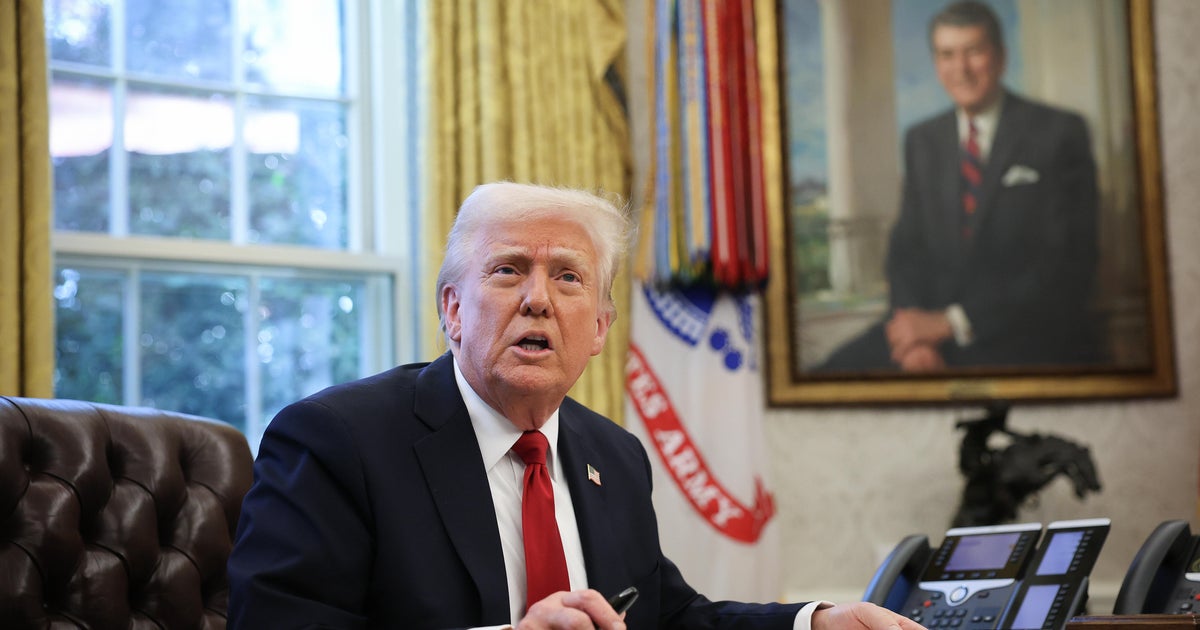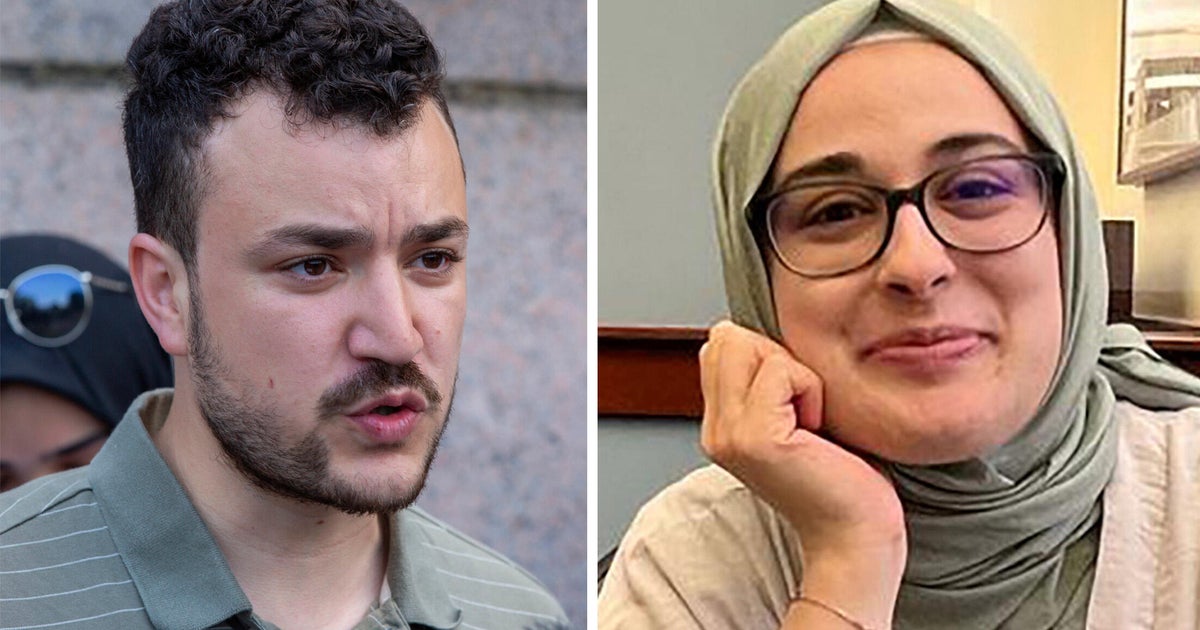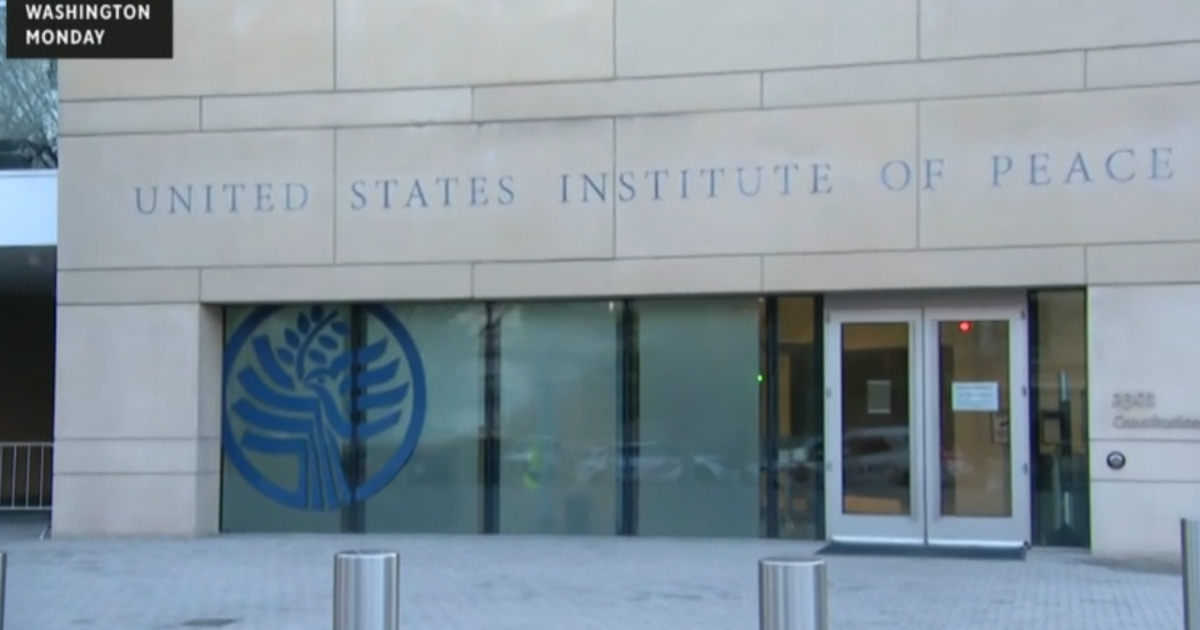Trump administration throws $1.6 billion behind Novavax coronavirus vaccine
Washington — The federal government is putting $1.6 billion behind drug manufacturer Novavax for development of a coronavirus vaccine, with the goal of delivering 100 million doses by early next year.
The $1.6 billion investment in Novavax, a Maryland-based biotechnology company, for its coronavirus vaccine candidate is part of Operation Warp Speed, an initiative launched by the Trump administration that is designed to speed up development and distribution of a vaccine. The federal government is aiming to begin delivering 300 million doses of a vaccine to the American people by early 2021.
"Adding Novavax' candidate to Operation Warp Speed's diverse portfolio of vaccines increases the odds that we will have a safe, effective vaccine as soon as the end of the year," Health and Human Services Secretary Alex Azar said in a statement.
The funding awarded to Novavax will be used to complete late-stage clinical development of the company's coronavirus vaccine, including a Phase 3 clinical trial with up to 30,000 participants. The funding will support large-scale manufacturing and delivery of 100 million doses of the vaccine candidate, the pharmaceutical company said.
"The pandemic has caused an unprecedented public health crisis, making it more important than ever that industry, government and funding entities join forces to defeat the novel coronavirus together," Stanley Erck, president and CEO of Novavax, said in a statement.
Novavax began clinical trials of its coronavirus vaccine in 130 participants in Australia in May, with preliminary results expected at the end of the month, the company said. The clinical trial was backed by funding from the Coalition for Epidemic Preparedness Innovations.
The $1.6 billion appears to be the largest amount of federal funding the Trump administration is committing to a coronavirus vaccine candidate through Operation Warp Speed to date. The U.S. committed up to $1.2 billion to production of a coronavirus vaccine developed at University of Oxford and licensed by drugmaker AstraZeneca, while four others have also received funding for vaccine candidates.



